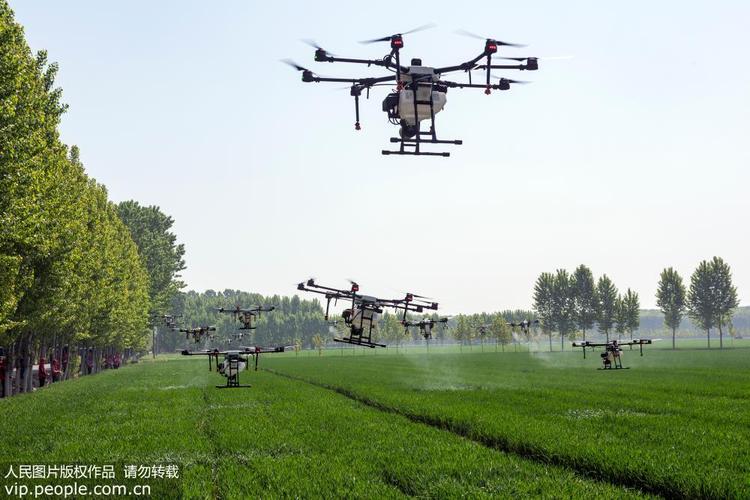Cultivating organic vegetables represents a commitment to sustainable and environmentally friendly farming practices. Organic farming is not simply about what is avoided (synthetic pesticides, herbicides, and genetically modified organisms); it’s defined by what is encouraged. This article delves into the methods and principles that underpin the cultivation of organic vegetables, showcasing the holistic approach that organic farmers take to produce wholesome and eco-friendly crops.
Organic farming starts with the soil. Soil health is of paramount importance in organic agriculture. Organic farmers prioritize building and maintaining fertile soil through natural means. They utilize organic matter such as compost, cover crops, and animal manure to enrich the soil with essential nutrients. This promotes healthy plant growth and ensures the production of nutrient-dense organic vegetables.
Crop rotation is another core practice in organic farming. By alternating crops on the same land, organic farmers help break pest and disease cycles. This reduces the need for synthetic pesticides and herbicides, contributing to a healthier ecosystem. Crop rotation also supports soil fertility and prevents soil depletion.
Organic farmers implement integrated pest management (IPM) strategies to control pests naturally. This approach includes the introduction of beneficial insects, the use of natural predators, and the creation of habitat for pest-eating wildlife. These practices reduce the reliance on chemical pest control methods and maintain a balanced and sustainable ecosystem.
Weed management in organic farming typically involves manual or mechanical methods, such as hand weeding or the use of specialized equipment. Organic farmers may also employ mulching to suppress weed growth. These techniques reduce the need for herbicides and promote a healthier environment for both crops and wildlife.
One of the defining principles of organic farming is the promotion of biodiversity. Organic farms tend to have more diverse and abundant wildlife, which contributes to overall ecosystem health. This biodiversity includes pollinators like bees and beneficial insects that play a crucial role in crop pollination and pest control.
Organic farming methods extend beyond the field; they encompass the entire farm ecosystem. Organic farmers focus on holistic and sustainable practices that prioritize soil health, biodiversity, and natural pest control. By adopting these methods, organic vegetable cultivation stands as an environmentally responsible and health-conscious alternative to conventional farming practices.







Please sign in to comment
register